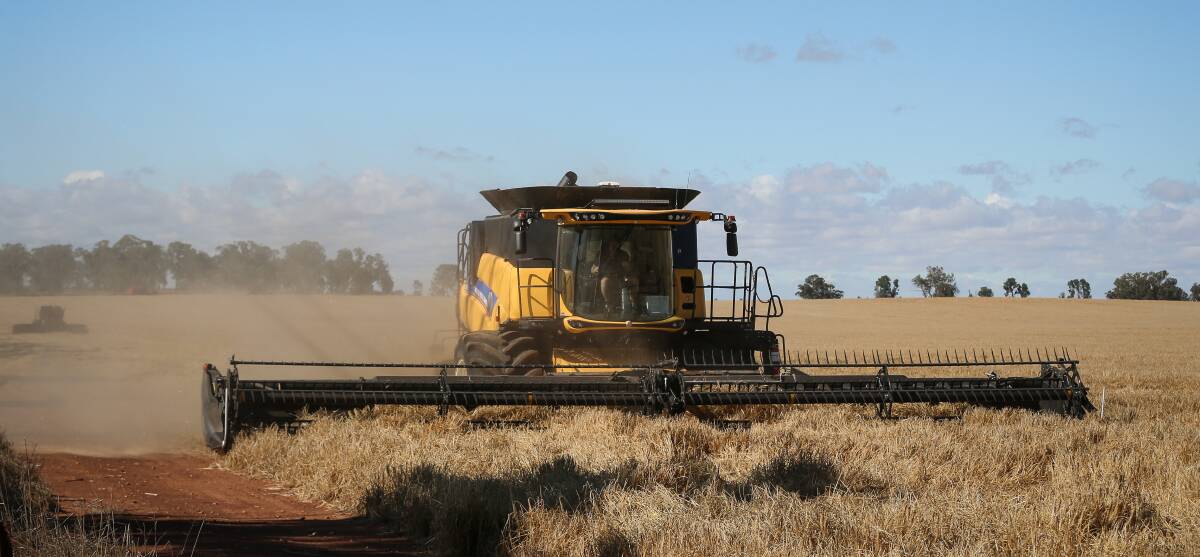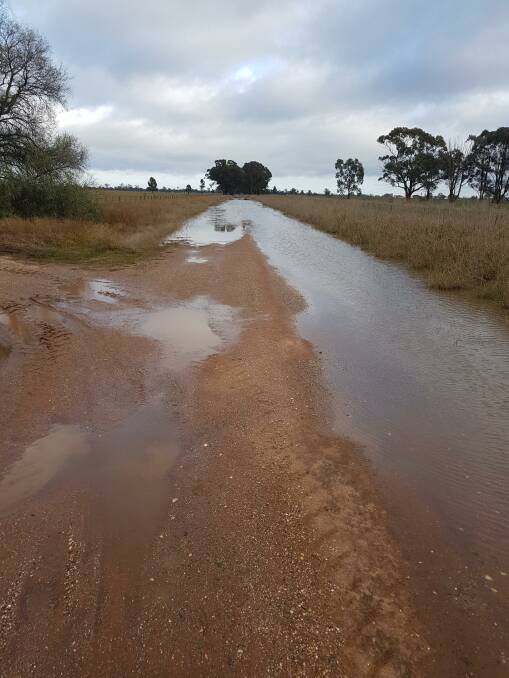
Farmers paying between $50,000 and $80,000 in rates to Federation Council are not getting bang for buck.
Subscribe now for unlimited access.
or signup to continue reading
The claim was made by Corowa's Robert Pearce in an address to council on the day it finalised a long-running rates harmonisation project required following the Corowa and Urana shires merging in 2016.
Beginning this financial year, the base rate on all properties has been set at $348, plus the capital improved value.
Mr Pearce said the rural sector preferred an alternative base rate of $370, plus the capital improved value, translating to a bigger share of the rate burden falling on residential.
"When the council has been seeking special rate variations they've continually quoted residential rates as some of the lowest in the state, but farmland rates aren't," he said.
"Farmland rates are up with the average.
"There is scope for residential rates to rise slightly and keep farmland rates at a reasonable level."

The council's corporate and community services director Jo Shannon conceded: "There are some farmland ratepayers paying significant amounts of money."
In paying higher rates Mr Pearce said farmers weren't having rural roads maintained at an acceptable level.
"Across the farming community we don't feel we are getting value for our rates due to the condition of the unsealed roads," he said.
IN OTHER NEWS
The recommended option was passed unanimously by council.
In response to Mr Pearce, Cr Fred Longmire said farmers had not been organised in bringing concerns to council as a collective voice and suggested a rural rate paying group be formed.
"If you want to have a voice to find an ear at this level you've got to get organised," he said.
"The rural sector could be the one penalised at this point in time, but we have to give the services to the people as best we can.
"It's difficult for the people at Boree Creek and Morundah, they don't have a heated swimming pool in their backyard."
Mayor Pat Bourke said rates alone couldn't provide the necessary funding to ensure rural roads were kept at a satisfactory level.
"We're totally reliant on state or federal grants to get that perfect situation," he said.
"But it also fluctuates from season to season, whether you have a wet year and floods, or you have a drought year, which is also damning."
He said the rate burden had to be distributed equitably.
"I certainly wouldn't like to be sitting down in the north thinking I am paying less rates and going to get less services in the future," he said.
Our journalists work hard to provide local, up-to-date news to the community. This is how you can continue to access our trusted content:
- Bookmark https://www.bordermail.com.au/
- Make sure you are signed up for our breaking and regular headlines newsletters
- Follow us on Twitter: @bordermail
- Follow us on Instagram @bordermail
- Follow us on Google News


